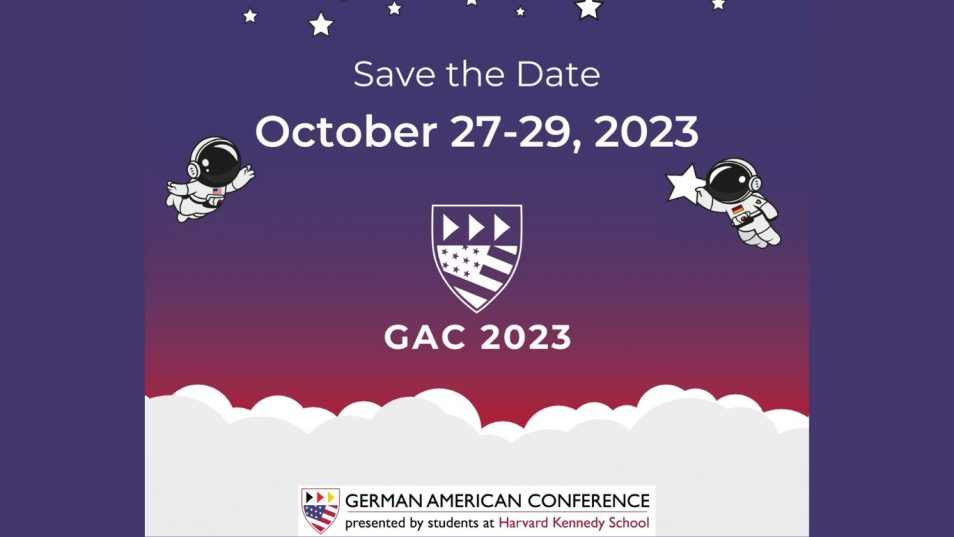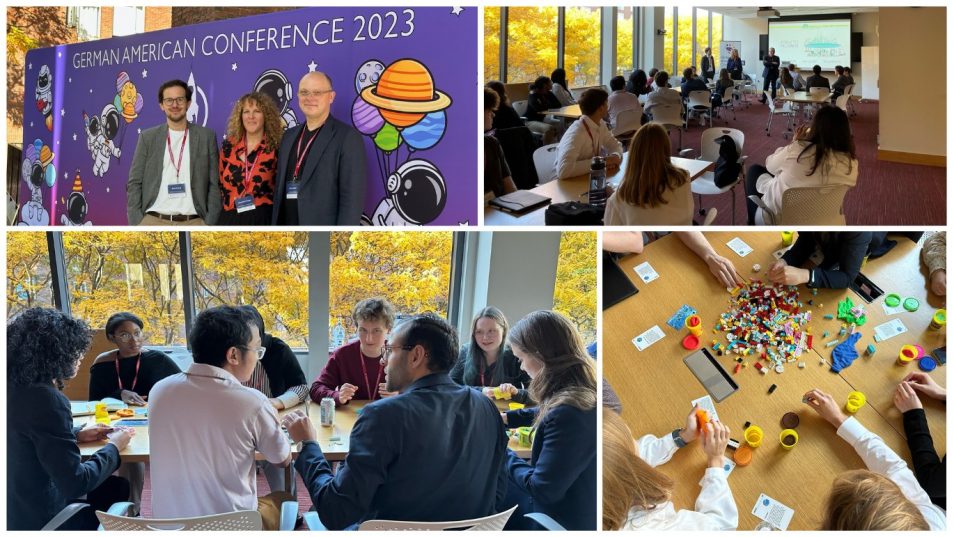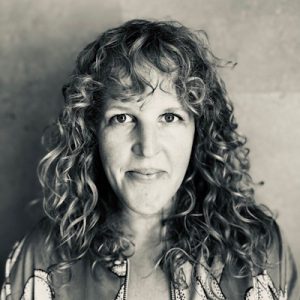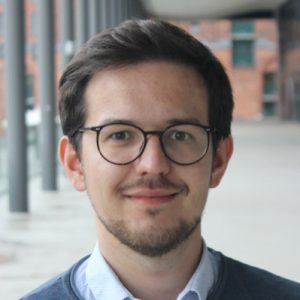Panel "From Pixels to Progress" at GAC Harvard 2023
 © GAC at Harvard e.V.
© GAC at Harvard e.V.
The DWIH New York supported the panel “From Pixels to Progress – Climate Resilience, data narration, and the collaborative digital city” at the German American Conference 2023 at the Harvard Kennedy School in Cambridge, MA.
The DWIH NY moderated panel took place Saturday afternoon (October 28).

To the full conference speaker list.
In the midst of a global ecological and climate crisis, digital tools are oftentimes promoted as a central solution to act more sustainably, help curb emissions and drive forward a green transition. At the same time, cities still account for more than 70% of all global CO2-Emissions while inhabiting more than 50% of people on earth. Developing and managing resilient cities is as important as the narratives we build with these somehow abstract numbers. What (data)stories we tell ourselves and how we collaborate in the context of multiple crises is thus inevitably linked to the future of our planet.
In this interactive session, we will discuss to which extent collaboration on the digital city can lead to improved urban resilience and thus transform pixels into progress. The starting point of this discussion will be an interactive session where participants engage in the “Urban Digitope”, a serious game developed at the City Science Lab at HafenCity University Hamburg, a collaboration with MIT Media Lab.
In the game, players will find themselves in a fictional, half-analogue, half-digital city facing certain shocks to their districts. By taking on different roles, players will collaboratively decide on how to act and develop Digitopia – dealing with the decisions that were made in previous rounds. After playing the game, the audience and the panelists will engage in a moderated discussion about questions such as: What perspectives and partnerships are needed to navigate between naïve tech optimism and critical reflection for future resilient cities? Which (data)stories do we need to tell, how and to whom? How do we create transformative knowledge that informs us on how digital progress can lead to material action?
By playing the serious game and discussing its various digital tools, the interactive panel will collect examples from different contexts, showcasing how to leverage co-created digital tools for developing cities in the context of climate change. At the same time, participants critically reflect on the role that digital technology plays in shaping climate mitigation and adaptation.
Event Information
October 27 to 29, 2023
Boston, MA
Organizer(s): German American Conference at Harvard e.V. - supported by the DWIH New York and HafenCity Universität Hamburg
Our Experts

Hilke Marit Berger is Scientific Lead of the City Science Lab at Hamburgs HafenCity University, a cooperation with MIT Media Lab in Cambridge/USA. For the collaboration project UNITAC (United Nations Innovation Technology Accelerator for Cities), she heads the Urban Academy in collaboration with the African Center for Citites in Cape Town. As an urban researcher, her work at the intersection of cultural studies and urban planning includes practices of participation, issues of collective urban design, co-creation in mixed realities and digital art. She leads the CityClimate meets CreativeCoding project and has a keen interest in artistic research, diversity of methods, and experimental forms of collaboration. She is active as a juror, developed, coordinated and worked for several artistic and scientific projects, for festivals, theaters, universities and authorities. She lectures and publishes internationally.Dr. Hilke Marit Berger, Scientific Lead, City Science Lab, HafenCity Universität Hamburg

Rico Herzog is the Lead for Modelling, Simulation, AI and Machine Learning in Germany’s largest smart city project “Connected Urban Twins” and a research associate at the City Science Lab at HafenCity University Hamburg, a cooperation with MIT Media Lab. With a background in spatial planning and in computational modelling and simulation of complex socio-technical systems, his research revolves around digital urban twins and their contribution to a sustainable urban transformation. Focussing on the interplay of digital models and simulations of various kinds, he explores new approaches on capturing urban complexity in the digital sphere. Further academic interest lies in public value conflicts in urban planning and in serious gaming as a simulation method.Rico Herzog, Research Associate, City Science Lab, HafenCity Universität Hamburg
Our Moderator

Jan Lüdert is Head of Programs at the German Center for Research and Innovation (DWIH) New York. Jan earned a Ph.D. in Political Science from the University of British Columbia (UBC). He holds Harvard Kennedy’s School Public Leadership Credential; a First-Class Honors MA in International Relations from the Australian National University; and a BA in Public Policy from Hamburg University for Economics and Politics. He previously served as Associate Professor at City University of Seattle where he was the inaugural Director of Curriculum and Instruction. He held positions as Visiting Research Scholar at the Ralph Bunche Institute for International Studies at City University of New York's Graduate Center as well as Research Associate with the DFG 'Dynamics of Security' project at Philipps Marburg University. He is an alumnus of Seattle's World Affairs Council Fellows and UBC Liu Institute for Global Issues Scholar programs.Jan Lüdert, German Center for Research and Innovation (DWIH) New York
